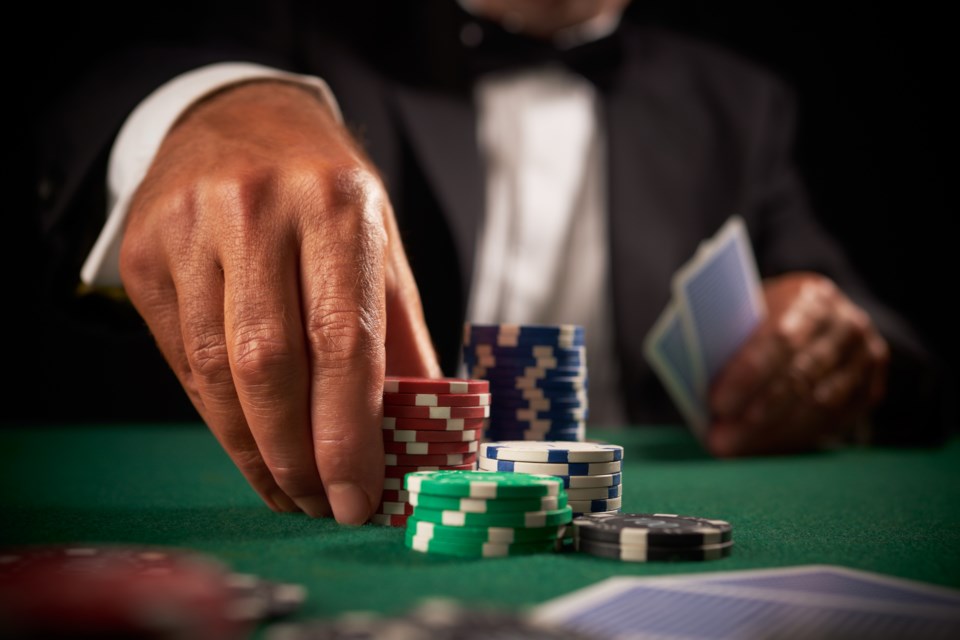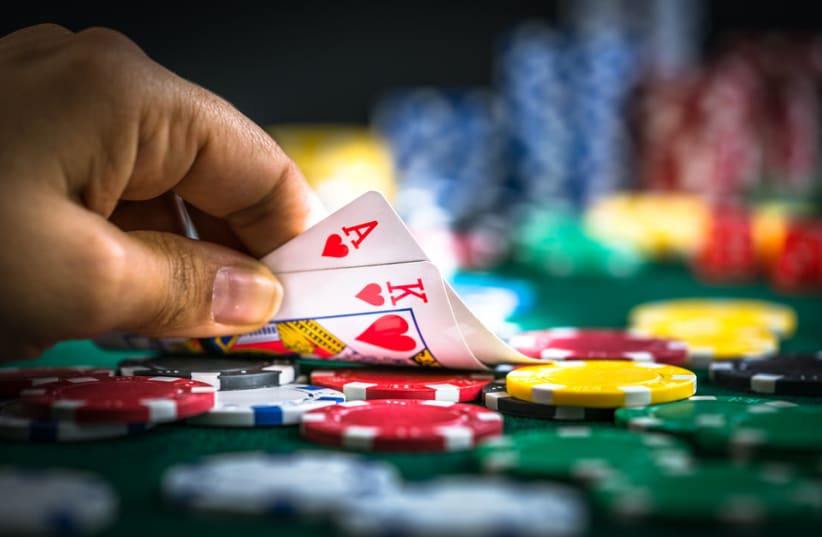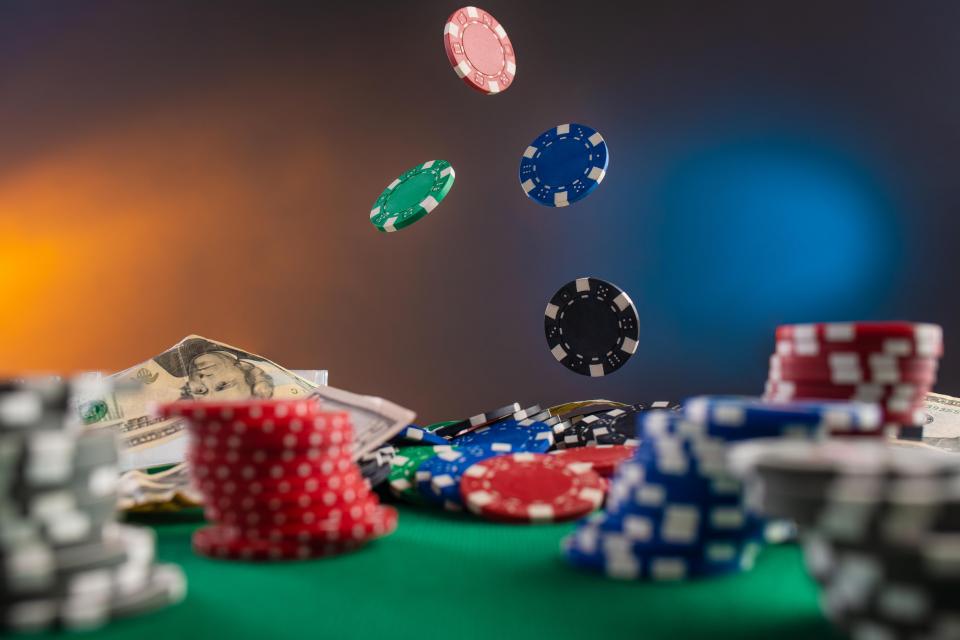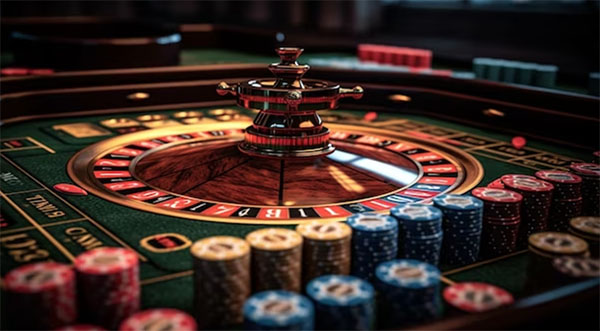Decoding the Mind: The Psychology of Gambling and Player Behavior

March 12, 2024
In the realm of gambling, where risk meets reward, understanding the intricate workings of the human mind is paramount. From the flashing lights of slot machines to the strategic maneuvers at the poker table, every aspect of the gambling experience is influenced by psychology. In this insightful exploration, we delve into the depths of the human psyche to uncover the psychology of gambling and its profound impact on player behavior.
The Thrill of Uncertainty: At the heart of gambling lies the thrill of uncertainty. The anticipation of a win, however slim, triggers a surge of dopamine in the brain, creating a euphoric sensation commonly referred to as the “gambling high.” This neurological response fuels the desire to continue playing, driving players to chase that elusive jackpot in pursuit of the next dopamine rush.
Risk vs. Reward: The concept of risk versus reward plays a central role in gambling behavior. Psychologically, humans are wired to seek out opportunities with potentially high rewards, even in the face of considerable risk. This innate tendency is exemplified in the allure of high-stakes games and the willingness of players to wager significant sums in hopes of striking it big. However, the allure of big rewards can also lead to irrational decision-making, as players may overlook the probability of loss in favor of the potential payoff.
Cognitive Biases and Gambler's Fallacy: Cognitive biases, such as the gambler's fallacy, exert a powerful influence on gambling behavior. The gambler's fallacy is the erroneous belief that past outcomes influence future probabilities, leading players to make irrational decisions based on perceived patterns or streaks. For example, a player may believe that a series of losses increases the likelihood of a subsequent win, leading them to increase their bets in anticipation of a reversal of fortune. However, in reality, each gambling event is independent, and past outcomes have no bearing on future results.
Emotional Regulation and Impulse Control: Effective gambling requires a delicate balance of emotional regulation and impulse control. Players must learn to manage their emotions, such as excitement, frustration, and disappointment, to make rational decisions and avoid impulsive behaviors that can lead to excessive losses. Developing resilience in the face of both wins and losses is essential for maintaining a healthy relationship with gambling and avoiding the pitfalls of addiction.
Social and Environmental Influences: Social and environmental factors also play a significant role in shaping gambling behavior. Peer pressure, societal norms, and cultural influences can impact an individual's propensity to gamble and their attitudes toward risk-taking. Additionally, environmental cues, such as casino atmospherics and marketing strategies, can influence player behavior by creating an immersive and enticing gaming environment.
Conclusion: In the complex tapestry of human psychology, the psychology of gambling weaves a compelling narrative of risk, reward, and the intricate interplay of cognitive and emotional factors. By understanding the underlying psychological mechanisms at play, both players and industry stakeholders can gain valuable insights into gambling behavior and work towards promoting responsible gambling practices. Ultimately, by fostering a deeper understanding of the psychology of gambling, we can create a safer and more enjoyable gambling experience for all.


